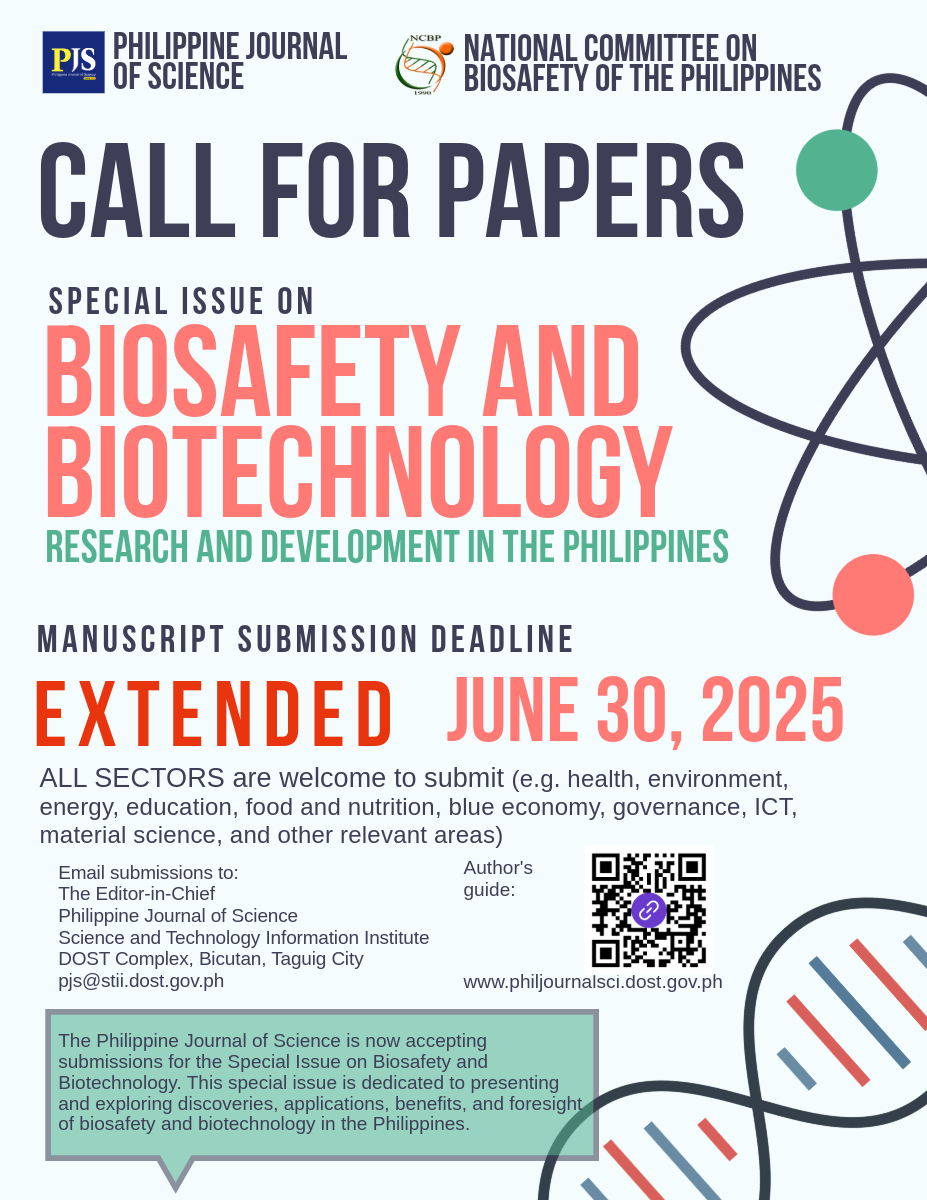145 (2): v, June 2016
EDITORIAL
Science as a Non-issue
Despite their fundamental importance for national development, science and technology (S&T) were non-issues in the recently concluded Philippine national elections. Neither the candidates nor the electorate thought of S&T as relevant to the pressing challenges of the country, such as poverty, inclusive development, climate change and the environment, and national competitiveness. The questions were hardly even raised. Science is obviously not in the public consciousness.
Unfortunately, this obliviousness of the general public – including the well-educated – towards science is quite prevalent. For many, science is an esoteric subject that they struggled through in school and forgot about after the final exam. For many, science is only for the scientist, and this is the problem.
That science seems not to even matter to the majority of our people is a critical commentary on the failure of science education and science communication in our country. It brings up the question of whether the new K-12 system and STEM will be able to improve this situation. Is this just going to be more of the same? This also brings up the question of whether we scientists are doing the right things in communicating the importance of science. What have we not done right and how can we do better?
Perhaps our mistake is that we have been only teaching science as a fixed body of facts to be memorized, instead of concepts to be understood and a habit of thinking to be applied. Facts are easy to teach and assess in an exam. Facts are also easy to forget. Because scientific facts are taught as being objective (isn’t science supposed to be objective?), science loses the excitement of discovery. The teaching of scientific concepts, on the other hand, requires a deeper understanding of science; and the teaching of the scientific method requires that the teacher use it themselves. Teachers can only do these properly if they themselves think like scientists. Unfortunately, we mistake knowledge of scientific facts with the understanding of science. Our science education does only the former but fails to emphasize the latter. . . . . read more









